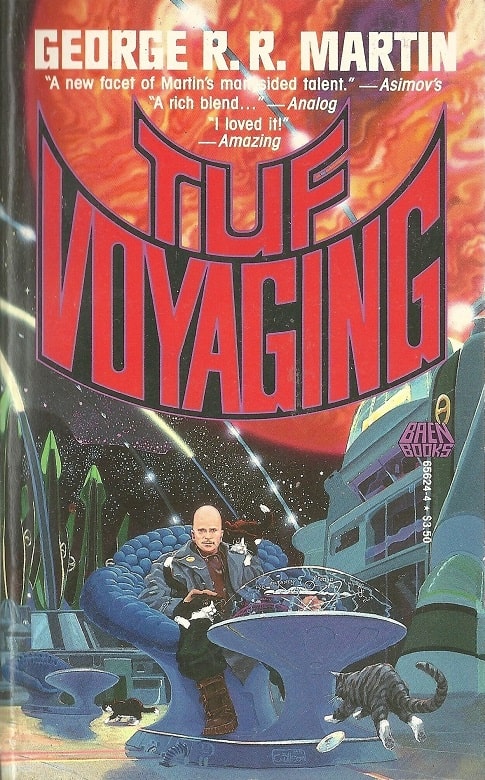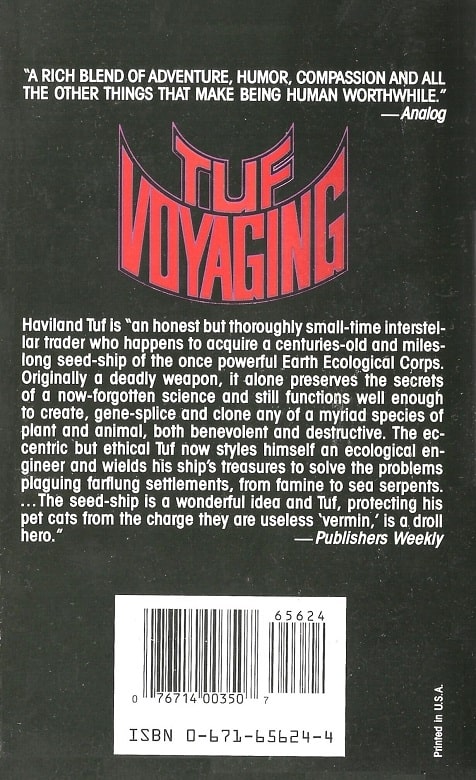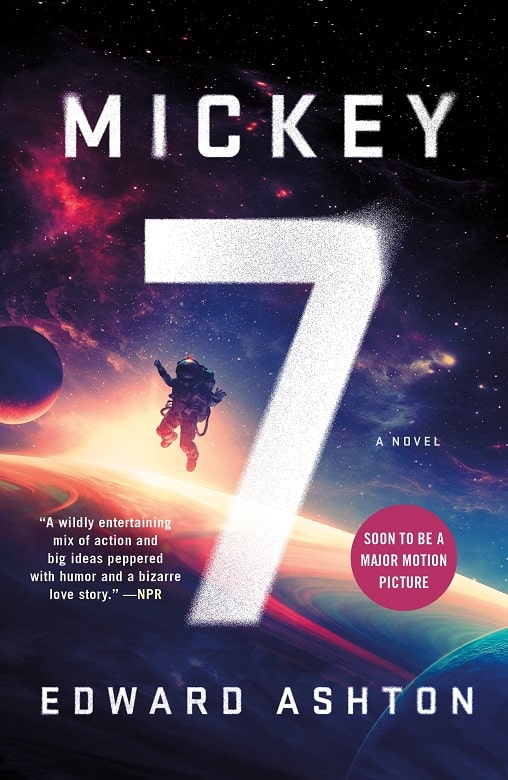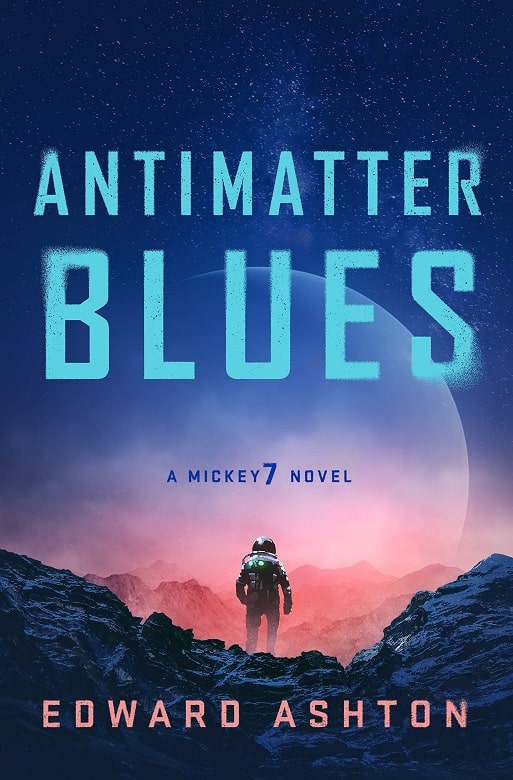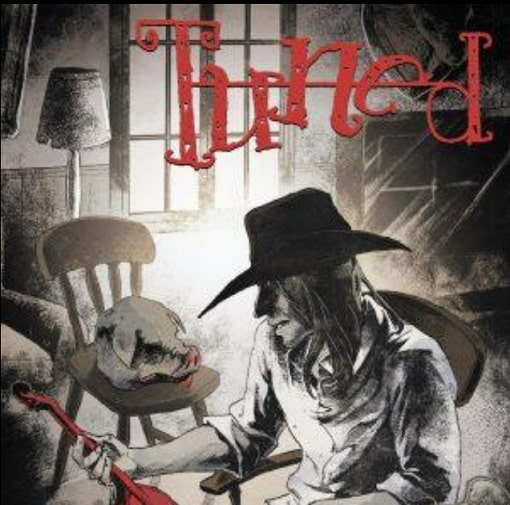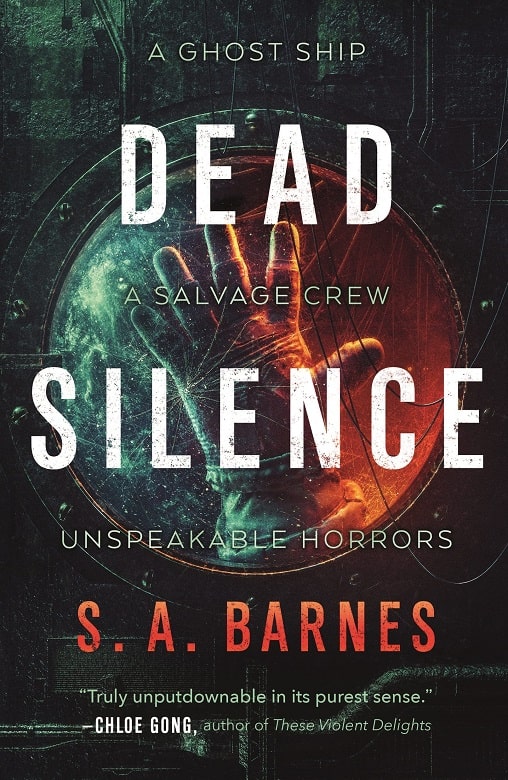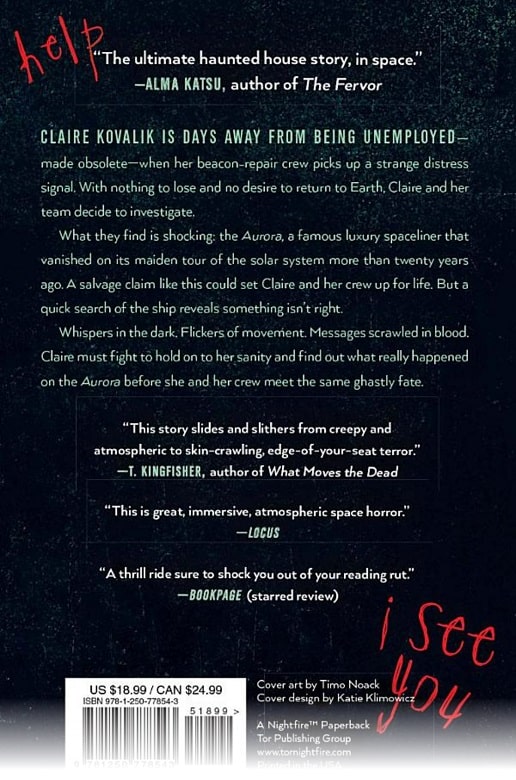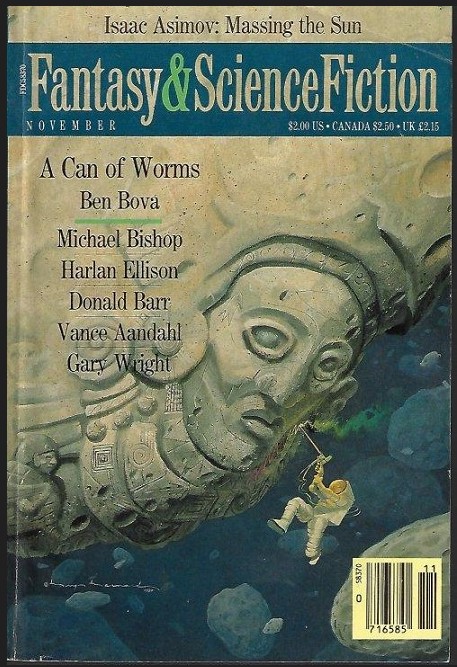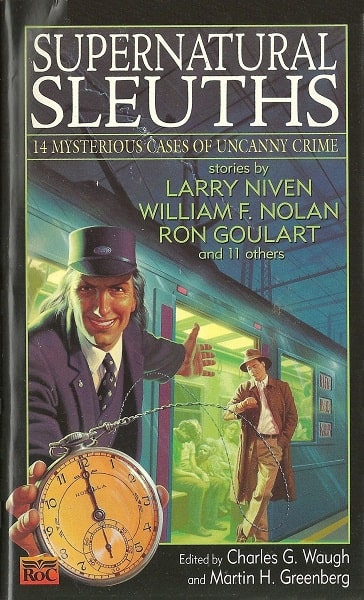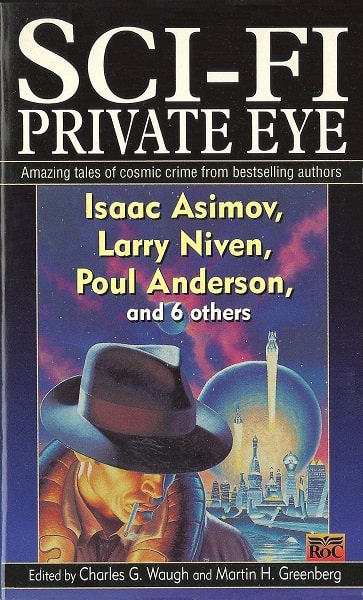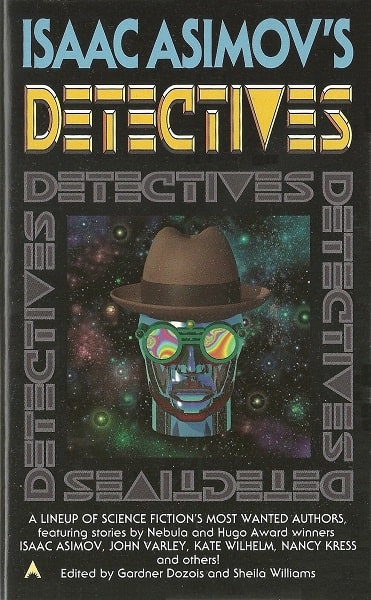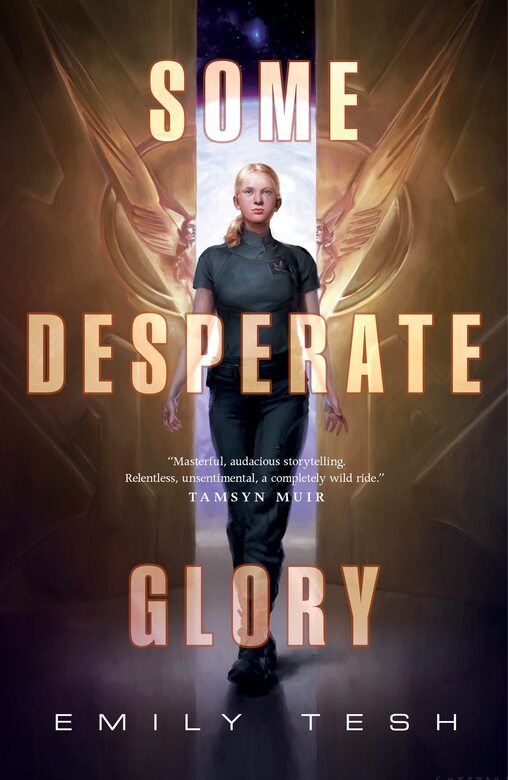Infinity, June 1956: A Retro Review
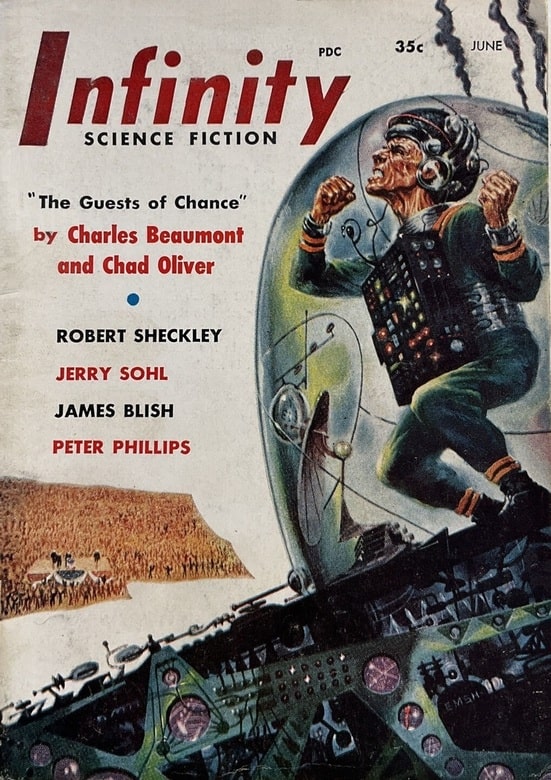 |
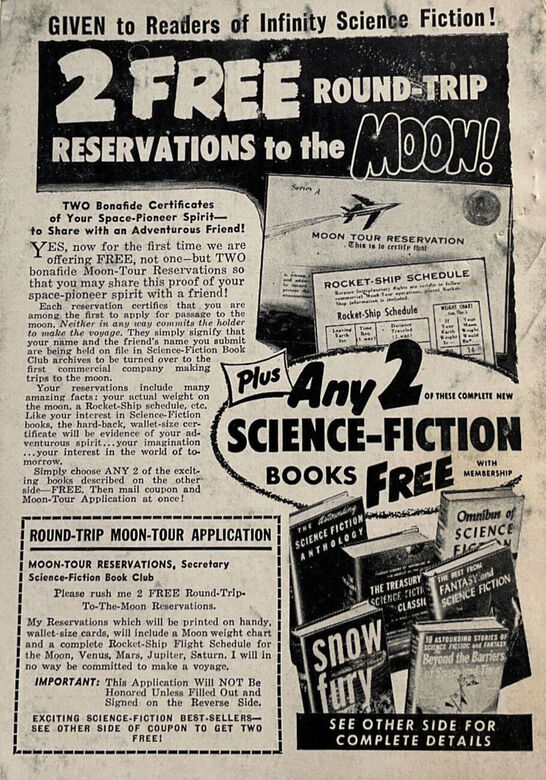 |
Infinity Science Fiction, June 1956. Cover by Ed Emsh
In my previous Retro Review I covered If, which I called a “classic digest magazine of what might be called the “second tier” of SF magazines.” Infinity was another, though it lasted for a much shorter time — 19 issues from 1955 through 1958. (I note for the record that the magazines of the so-called “first tier” – that is, the Big Three of Astounding/Analog, Galaxy, and F&SF – all went through ups and downs in quality and sometimes other magazines surpassed them – notably Venture in the late ‘50s, If in the mid-60s, Thrilling Wonder and Startling in the early ‘50s, and others, including, as John O’Neill reminds me, Amazing and Fantastic in the early ’60s under Cele Goldsmith Lalli. I’ll also note that there was surely a third tier, magazines of lesser quality than the likes of If and Infinity.)
The editor of Infinity was the greatly respected Larry T. Shaw. The original anthology series Infinity, from the early 1970s, edited by Robert Hoskins, was published by Lancer Books, which was the successor company to Royal Publications, the firm responsible for the magazine. Indeed Robert Hoskins was the immediate successor to Larry Shaw as editor of the Lancer SF line. Hoskins did reprint the most famous story the magazine published, Arthur C. Clarke’s Hugo winner “The Star,” in the first volume of the original anthology, and therein he called the anthology the “lineal descendant” of the magazine.
